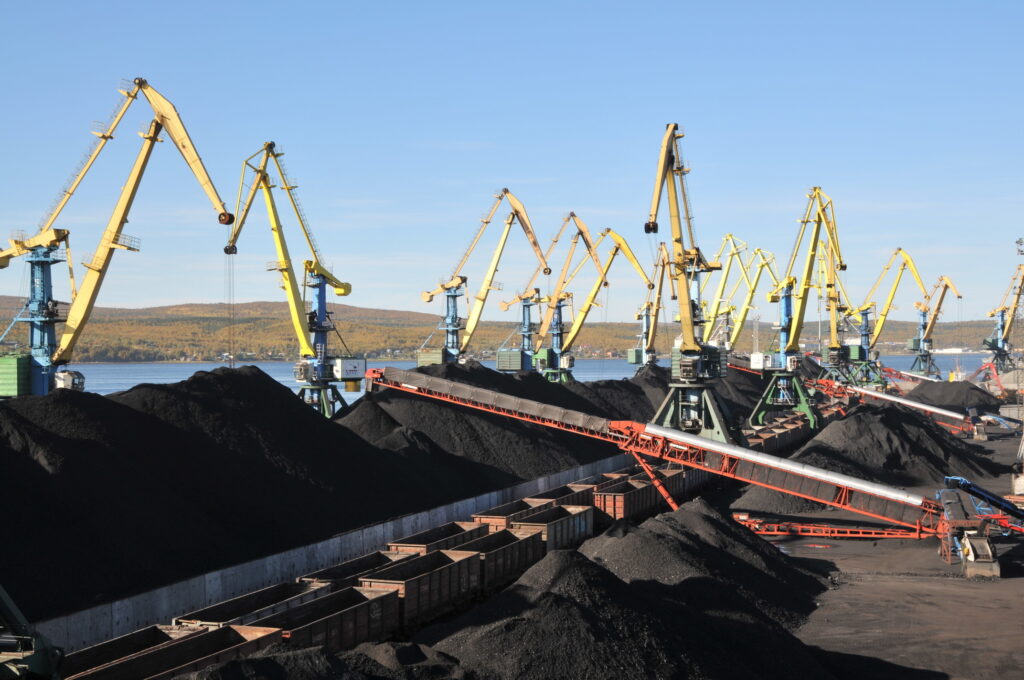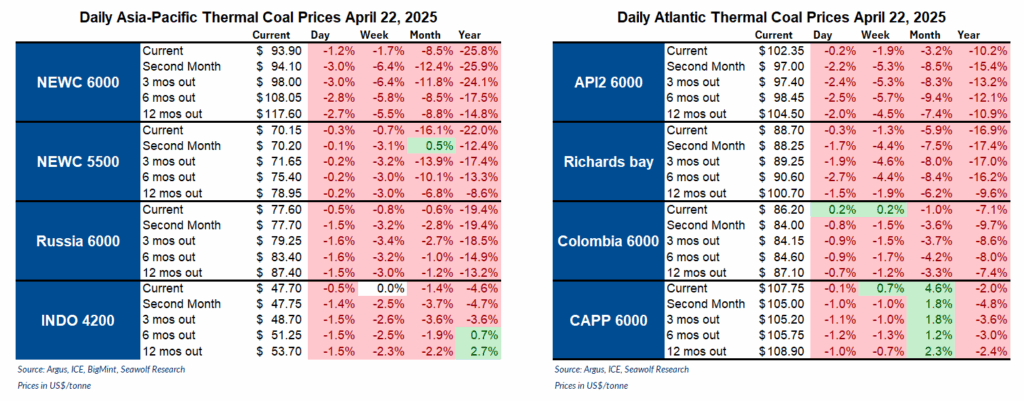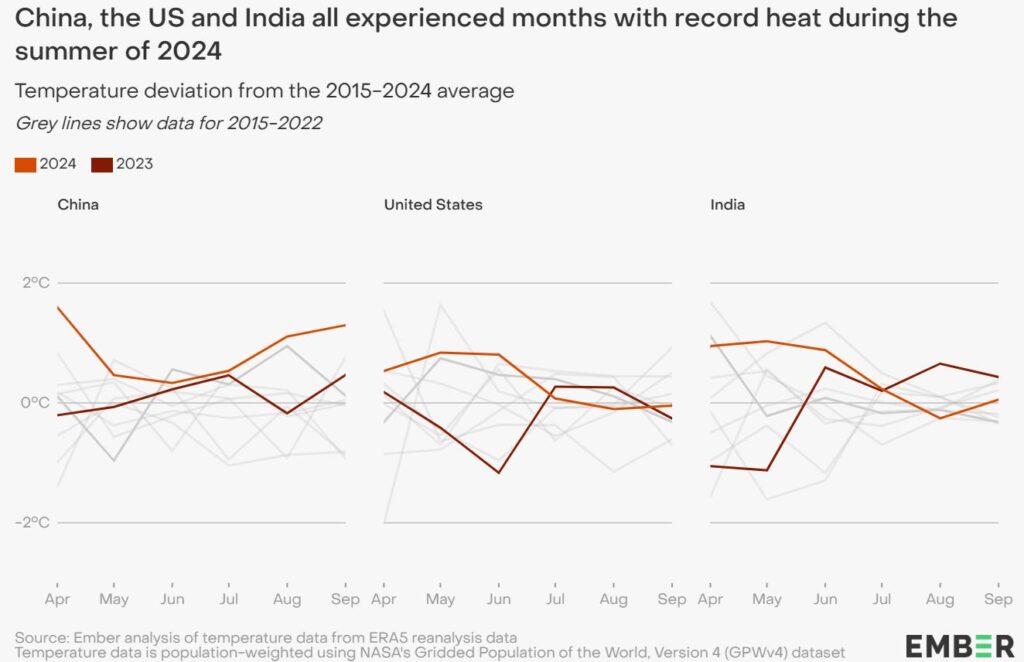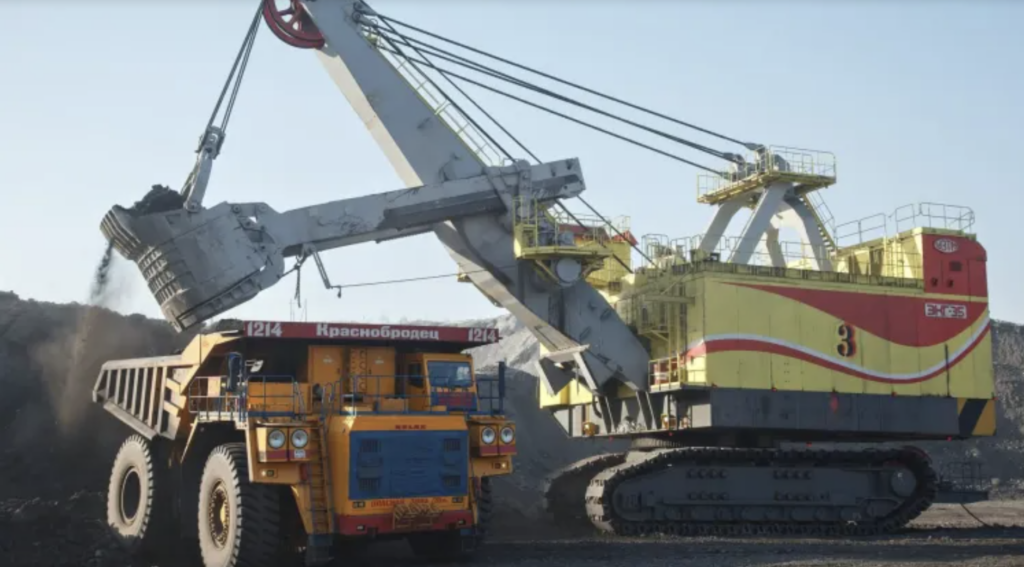BAMBOLIM, India, Feb 28 (Reuters) – New U.S. sanctions on Moscow are more likely than previous ones to cut Indian imports of thermal coal from Russia because they specifically cite top exporters SUEK and Mechel, three major traders of Russian coal said. Russia, historically a minor exporter of the fuel to India, began boosting shipments to the south Asian country after Western sanctions against Moscow over its invasion of Ukraine. The latest U.S. sanctions also include Russia’s payment system, financial institutions and energy production.
“With the new sanctions, I do not expect any of the big Indian companies to buy Russian cargoes,” one major Indian trader told Reuters on the sidelines of the Coaltrans conference in the western Indian state of Goa. The traders, two Indian and one Russian, declined to be named as they are not authorised to speak to the media.
“Shipments of coal will still not stop, but people will be more hesitant to touch Russian cargoes,” the second Indian trader said, adding that the sanctions could benefit other coal suppliers such as Indonesia, Australia and South Africa.
Ship tracking data reviewed by Reuters shows Indian conglomerates JSW Group, Vedanta (VDAN.NS) and consortium Arcelor Mittal Nippon Steel India were among the biggest importers of Russian thermal coal in the last six months. The three companies did not immediately respond to requests for comment on any potential impact from the new sanctions.
SUEK, Russia’s largest coal producer and exporter, did not reply to an email seeking comment. Reuters was not immediately able to reach Mechel for comment.
Evidence of any immediate adverse impact of the new U.S. sanctions announced last week could not be ascertained, as cargoes of thermal coal typically take more than two weeks to sail from Russia to India.
Russian supplies of thermal coal rose by 19% in 2023 to 10.06 million metric tons, or nearly 6% of Indian imports of the fuel, consultancy Bigmint said.
India’s trade ministry had no immediate comment on the impact of the sanctions on trade with Russia, but in a note on Wednesday the oil ministry highlighted “longstanding ties” with Moscow and future plans for partnerships across sectors. India had become the biggest buyer of Russian seaborne crude since the start of the Ukraine war, a trade that also faces hurdles from the new U.S. sanctions.
While expanding trade with Moscow since Western sanctions following Russia’s invasion of Ukraine in 2022, New Delhi has consistently called for “complete cessation of all hostilities”, including in the note released by the oil ministry on Wednesday.
Reporting by Sethuraman N R in Bambolim and Sudarshan Varadhan









